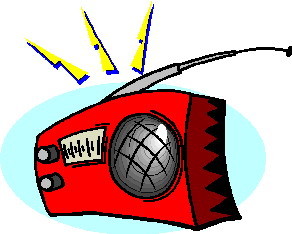Sudan’s National Dialogue is being hailed by some citizens as a way to help peacefully resolve the country’s problems, while other citizens say they are unhappy with the way the ruling National Congress Party (NCP) organized the process.
Citizens of diverse backgrounds in Khartoum told Radio Tamazuj that they thought the failure to attract the participation of key opposition parties and rebel groups could compromise the success of the process.
One of the respondents said the National Dialogue failed because it excluded important figures and influential rebel movements. “Heavyweight movements have been excluded in the political process whether civil movements or armed movements,” he explained.
He further said a ceasefire should be implemented and that all political detainees should be released so the people of Sudan can engage in a genuine national dialogue.
Another person said the ongoing national dialogue will eventually strengthen the position of the ruling National Congress Party alone, saying this style of National Dialogue cannot be accepted by the other parties.
He stressed the importance of compromise between all political actors involved in the National Dialogue. “We need concessions from the National Congress Party and there also should be concessions even from the movements,” he stressed.
Meanwhile, another respondent said it is a historical responsibility of the government to initiate an inclusive forum in an attempt to solve the Sudanese problems. “I consider this national dialogue as an approach to discuss the outstanding national issues transparently, so there should be bold views to solve the problems that have been hindering development in Sudan,” he said.
He called for the involvement of all political and armed movements because they represent the majority of the people of Sudan, adding that finding a solution to any internal rift must involve all stakeholders including civil society organizations.
Another man said he rejects the topics being discussed at the National Dialogue, saying all the topics are inconsistent with the problems facing the country. He accused the ruling National Congress Party of failing to unite the ranks of the people of Sudan.
“The National Dialogue that was held in Friendship Hall was boycotted,” he said. “It was boycotted by the United Nations, African Union, and European Union, friendly and sisterly countries, the US, South Africa and Nigeria.”
However, a respondent who is supportive of the national dialogue said the ongoing talks in Khartoum are the only forum for Sudanese to solve their problems. He called on the armed movements to join in an attempt in order to reach an agreement that will eventually lead to the development.
Meanwhile, another citizen speaking to Radio Tamazuj also called on the armed movements to join the national dialogue for the sake of stability in Sudan. “We should have dialogue among us because as a nation there shouldn’t be personal demands,” he said.
“We need change but it should be peacefully, we hope this message will reach our brothers in the armed movements,” he added.




